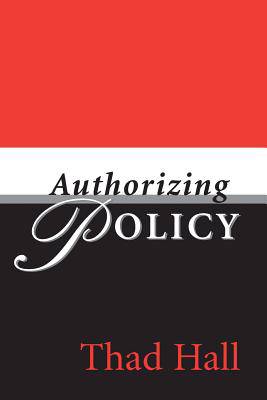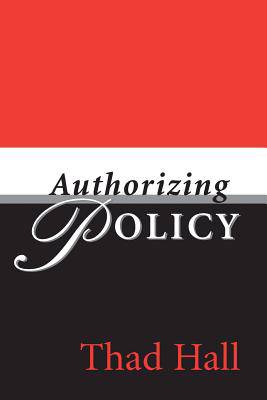
Bedankt voor het vertrouwen het afgelopen jaar! Om jou te bedanken bieden we GRATIS verzending (in België) aan op alles gedurende de hele maand januari.
- Afhalen na 1 uur in een winkel met voorraad
- In januari gratis thuislevering in België
- Ruim aanbod met 7 miljoen producten
Bedankt voor het vertrouwen het afgelopen jaar! Om jou te bedanken bieden we GRATIS verzending (in België) aan op alles gedurende de hele maand januari.
- Afhalen na 1 uur in een winkel met voorraad
- In januari gratis thuislevering in België
- Ruim aanbod met 7 miljoen producten
Zoeken
Omschrijving
Studies of federal policy agendas seeking to explain why laws pass and why policies change typically look to the political environment, focusing on the media, congressional hearings, presidential addresses, and preferences of legislators as agents of change. However, since World War II, Congress has used simple procedure-short-term authorizations-to control the timing of policy change across the spectrum of federal policy. This book examines how short-term authorizations create periods of policy stability, when implementation can occur, by allowing policies to be reconsidered only when an authorization expires. This simple procedural mechanism allows Congress to state when certain aspects of a law-such as authorizations of appropriations-will expire. By doing this, Congress creates a schedule for when a given policy will be considered and systematically steers the management of public programs by changing the resources and tools available to policy implementers. Understanding short-term authorizations may force a reexamination of existing theories of the policy process and congressional activity. Reauthorization politics may well shape member activities (e.g., the timing of bill introductions) as well as interest group activities (e.g., the timing of coalition formation). Reauthorizations also affect the behavior of agencies, which must be responsive to these legislative changes. Thad Hall is assistant professor of political science at the University of Utah.
Specificaties
Betrokkenen
- Auteur(s):
- Uitgeverij:
Inhoud
- Aantal bladzijden:
- 164
- Taal:
- Engels
- Reeks:
Eigenschappen
- Productcode (EAN):
- 9780814253212
- Verschijningsdatum:
- 14/10/2004
- Uitvoering:
- Paperback
- Formaat:
- Trade paperback (VS)
- Afmetingen:
- 152 mm x 229 mm
- Gewicht:
- 249 g

Alleen bij Standaard Boekhandel
+ 91 punten op je klantenkaart van Standaard Boekhandel
Beoordelingen
We publiceren alleen reviews die voldoen aan de voorwaarden voor reviews. Bekijk onze voorwaarden voor reviews.









